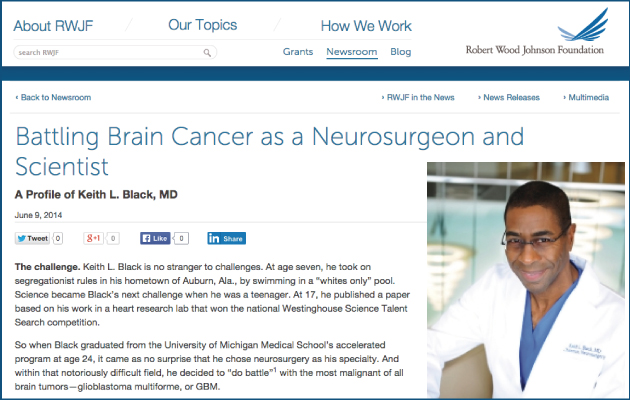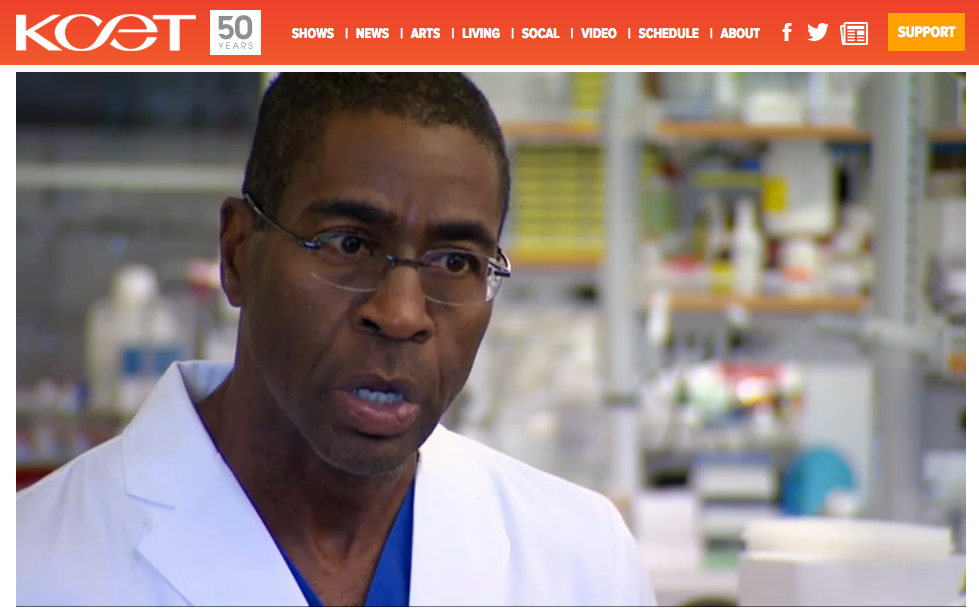

Study of Noninvasive Retinal Imaging Device Presented at Alzheimer’s Conference
LOS ANGELES (Ju3. 13, 2014) — A noninvasive optical imaging device developed at Cedars-Sinai can provide early detection of changes that later occur in the brain and are a classic sign of Alzheimer’s disease, according to preliminary results from investigators...In Study of Individual Neuron Activity, Key Brain Region Responds to Subjective Perception
LOS ANGELES (Jun. 30, 2014) — When evaluating another person’s emotions – happy, sad, angry, afraid – humans take cues from facial expressions. Neurons in a part of the brain called the amygdala “fire” in response to the visual stimulation as information is processed...3-D Computer Model May Help Refine Target for Deep Brain Stimulation Therapy for Dystonia
LOS ANGELES (Jun. 24, 2014) — Although deep brain stimulation can be an effective therapy for dystonia – a potentially crippling movement disorder – the treatment isn’t always effective, or benefits may not be immediate. Precise placement of DBS electrodes is one of...
RWJF: Battling Brain Cancer as a Neurosurgeon and Scientist
A Profile of Keith L. Black, MD The challenge. Keith L. Black is no stranger to challenges. At age seven, he took on segregationist rules in his hometown of Auburn, Ala., by swimming in a “whites only” pool. Science became Black’s next challenge when he was a...
KCET: SoCal Connected | Early Alzheimer’s Testing
What if a compound from a common spice could help detect Alzheimer’s in patients? A team at Cedars-Sinai Medical Center is developing a test that could make early detection possible, and a first step for the patient would be taking pills derived from curcumin, which is found in turmeric, an ingredient often used in Indian curries.
